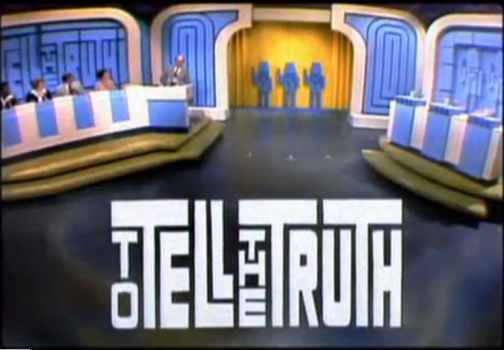To Tell the Truth
“It takes a woman of courage to show the world her flaws and failures.” ~ It’s Good to Be Queen
Chapter Five: It’s Good to Be Honest
As a kid, I loved watching the classic game show, “To Tell the Truth.” A panel of celebrities matched wits with three guests—two imposters and one person who was telling the truth. Each time a celeb voted for an imposter instead of the real person, the guest won $250. (Hello, 1960s.)

I’d rather not be less than truthful on national television—even in fun, even with a cash reward. First, because I blush when I tell a fib. Every time, without fail. I think it’s part of God’s plan to keep me honest. And second, He commands us to “speak the truth to each other” (Zechariah 8:16) and “not tell lies about others” (Exodus 20:16).
Dishonesty isn’t an option for believers. Honesty is how we do life and how we grow: “Speaking the truth in love, we will grow to become in every respect the mature body of him who is the head, that is, Christ” (Ephesians 4:15).
Honesty is also at the heart of every healthy relationship. We start with being honest with ourselves. Then with the Lord. And then (oh, so bravely) with others.
Sheba, our role model, shows us how.
She said to the king,
“The report heard in my own country
about your achievements
and your wisdom is true.”
1 Kings 10:6
She could have stopped right there. Affirmation spoken. Enough said. Still, it wasn’t the whole truth. Being honest means holding nothing back, especially if our confession will bless the other person and glorify God.
“But I did not believe these things
until I came and saw with my own eyes.”
1 Kings 10:7
Well done, Sheba. This word “believe” also means “to confirm, support.” She admitted she could not embrace the reports about Solomon until she examined them in person. For Sheba, seeing was believing, and she was not ashamed to say so.





